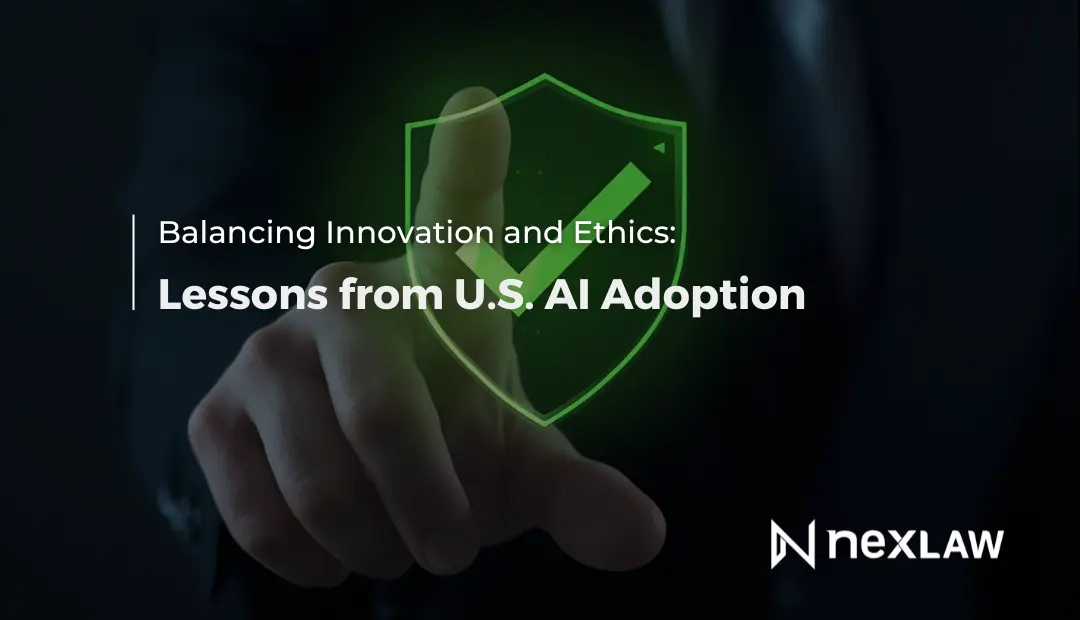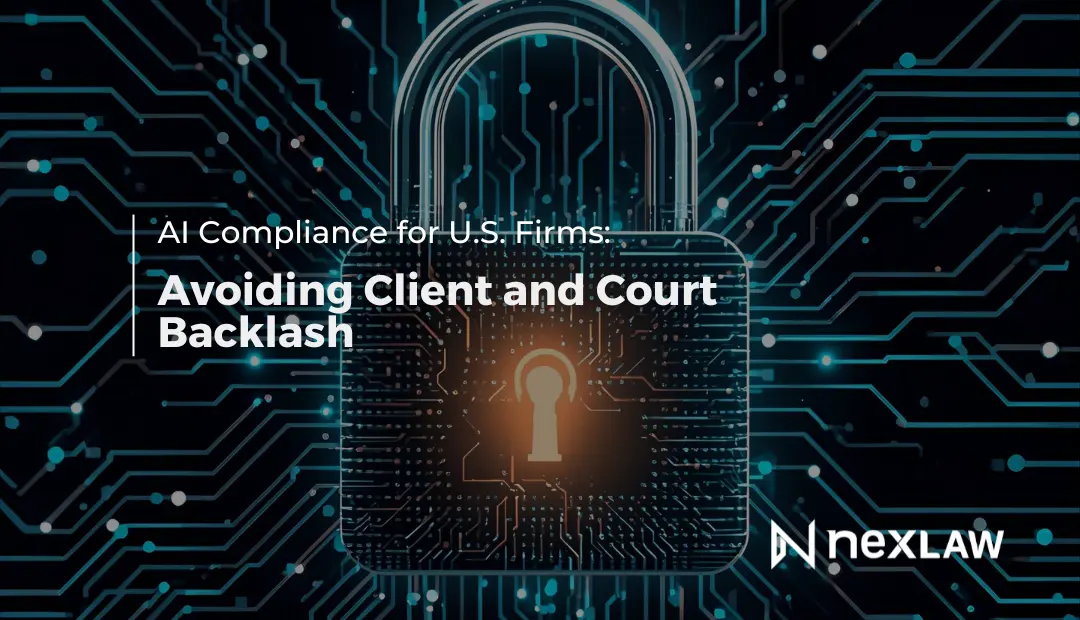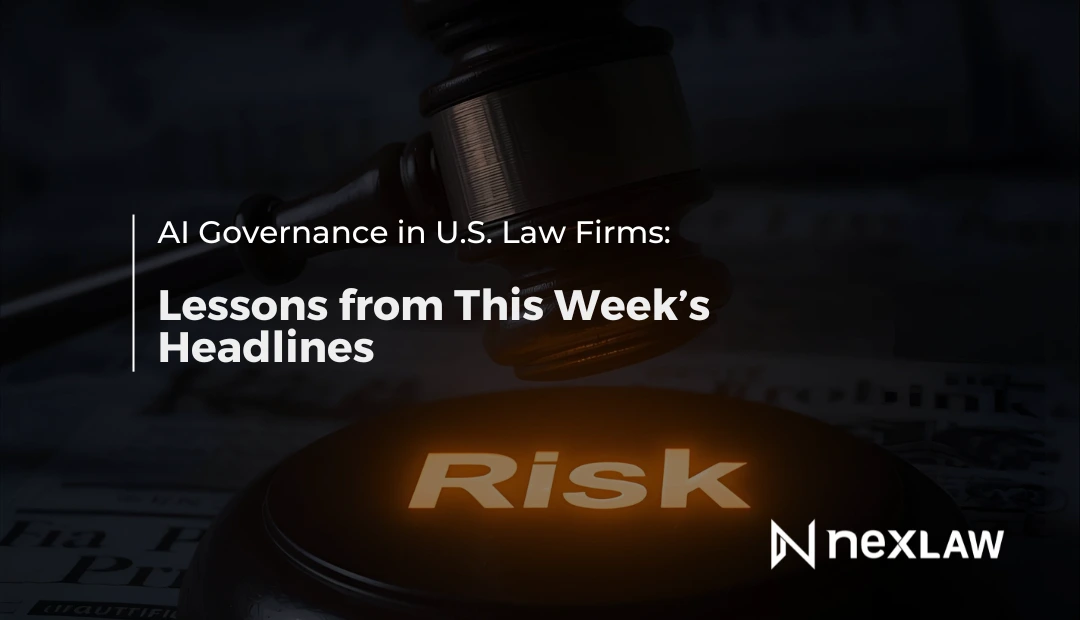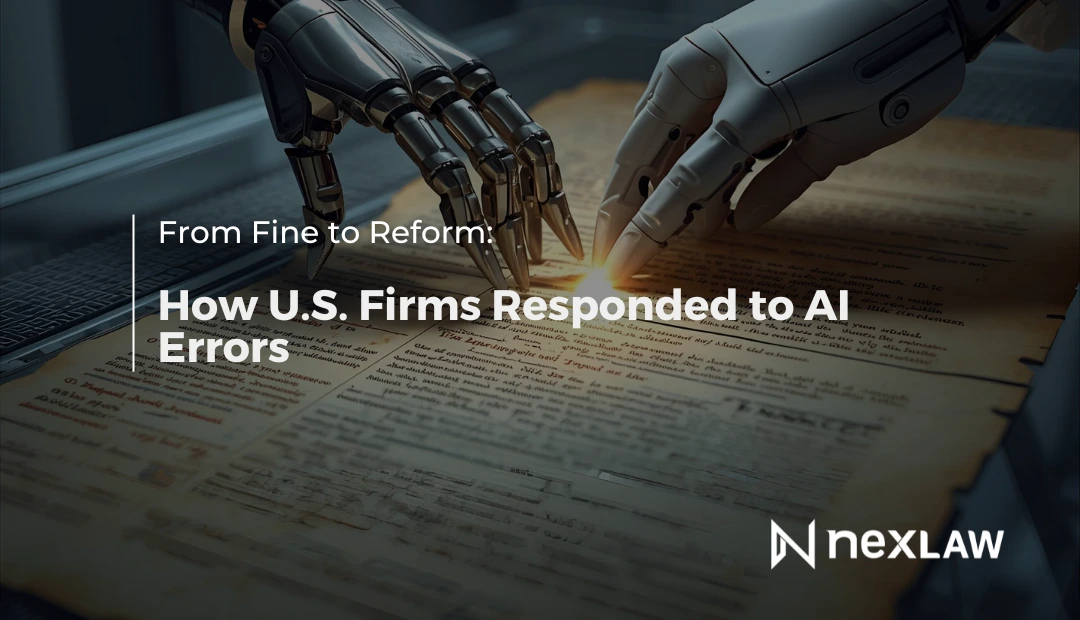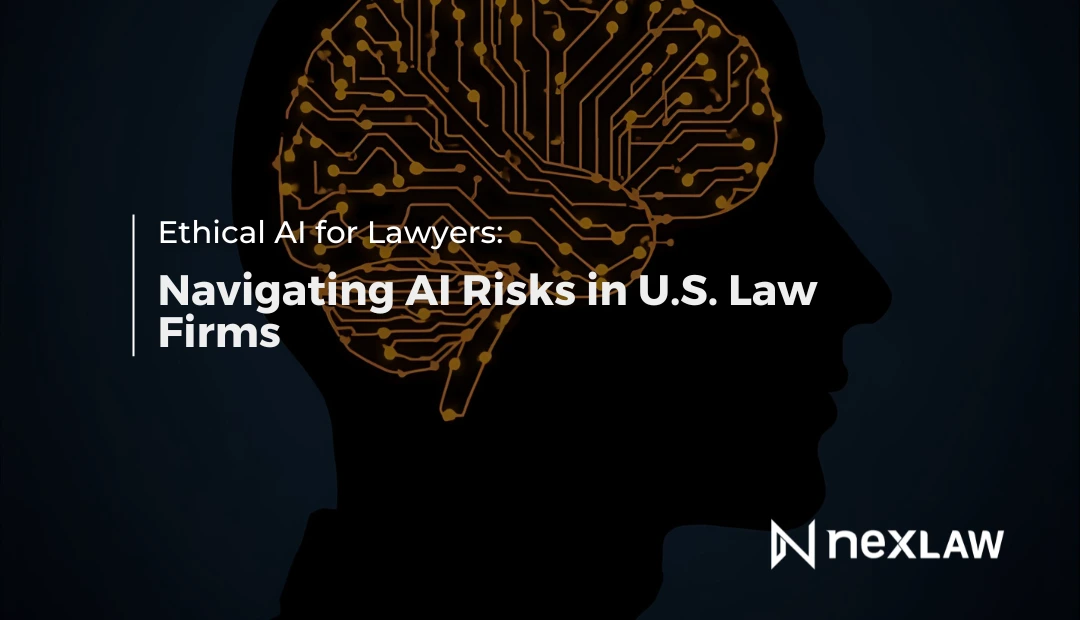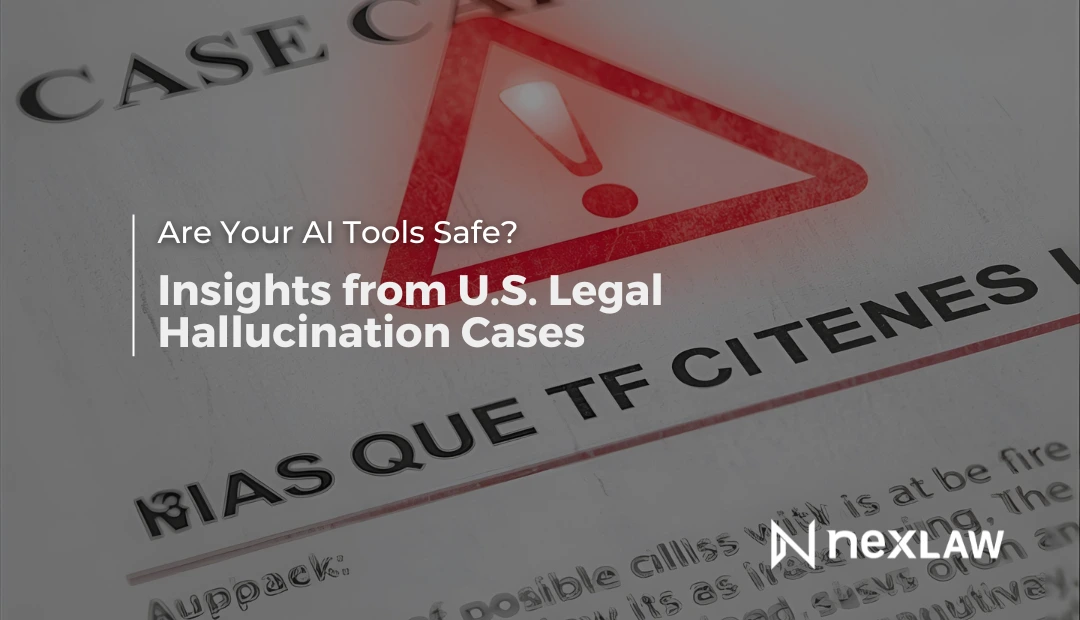Balancing Innovation and Ethics: Lessons from U.S. AI Adoption
The Race to Innovate in U.S. Law
AI is changing how legal professionals work, research, and advocate. Law firms are integrating AI tools to streamline tasks like legal research, document review, and trial preparation. The pressure to adopt AI is high, especially with clients demanding faster service and more cost-effective outcomes.
Unlock Legal Insights Instantly!
But innovation without caution is risky. Several recent high-profile incidents have shown that when legal professionals rely on AI without ethical oversight, the consequences can be severe. Firms that jump too fast risk reputational damage or even legal sanctions.
To stay competitive and compliant, lawyers need to strike a balance: embrace innovation, but never at the expense of legal ethics.
Why Ethics Matter in Legal AI Adoption
Attorneys are held to strict professional standards. These include duties of competence, diligence, confidentiality, and supervision. Introducing AI into legal workflows raises new questions for each of these areas.
- Competence: Does using AI require new technical skills to remain effective?
- Confidentiality: What happens if client data is exposed to public AI systems?
- Supervision: Who is responsible if an AI tool produces flawed legal content?
The American Bar Association and state bars have issued guidance stating that attorneys remain responsible for all work product, even if created by AI.
Recent Ethical Missteps in U.S. AI Adoption
Here are just a few examples that highlight the ethical risks of unmonitored AI use:
Fabricated Citations Case (New York, 2023)
Two attorneys submitted a court brief that included citations to entirely fictional cases. These had been generated by an AI chatbot and were not verified. The court sanctioned both attorneys, reminding the legal community that technology cannot replace human due diligence.
Client Confidentiality Breach (California, 2024)
A boutique law firm uploaded confidential case documents to a public AI platform to generate summaries. The data was later flagged by opposing counsel who found references to it through open-web queries. This led to a court dispute over privilege and potential bar complaints.
Poor Supervision of AI Drafting (Florida, 2025)
An associate used AI to generate a settlement letter that included threatening language. The senior partner, unaware of the tone, allowed it to be sent. The firm faced a disciplinary review due to failure in supervising AI-assisted work.
Each case illustrates that ethical boundaries still apply, even if the work was assisted by artificial intelligence.
Ethical AI Adoption Checklist for U.S. Lawyers
To help firms adopt AI responsibly, here is a simple checklist:
| Ethical Principle | What to Consider Before Using AI |
|---|---|
| Competence | Does your team understand the limits and outputs of the AI tool? |
| Confidentiality | Is the tool secure, and does it guarantee non-retention of client data? |
| Supervision | Will a qualified attorney review all AI-assisted outputs before use in court or negotiation? |
| Transparency | Can you disclose your AI use to clients and courts if required? |
| Accountability | Are you prepared to take full professional responsibility for AI-generated content? |
Practical Ways to Stay Ethical While Using AI
Train Your Team
Make AI literacy part of your continuing legal education. Ensure every team member understands what AI can and cannot do.
Set Internal Review Protocols
All outputs from AI tools should be reviewed by a licensed attorney. This includes research, citations, memos, and client-facing communications.
Use Legal-Specific Tools
Avoid generic chatbots or open-web AI services for sensitive tasks. Choose platforms designed for legal use with traceable sources and access controls.
Avoid Uploading Confidential Data to Public Platforms
Use only encrypted, closed-system tools where client confidentiality is preserved.
The Role of Law Firm Leaders in Ethical AI Adoption
Firm leadership must set the tone for responsible use. This includes:
- Creating clear internal AI usage policies
- Auditing AI-assisted legal work regularly
- Staying up to date with state bar regulations on AI
- Encouraging open discussions about ethical dilemmas arising from new technologies
Ethical innovation is not just about what tools you use. It is about how you use them, and whether they align with your professional obligations.
How NexLaw Supports Ethical AI Use
Responsible legal innovation starts with the right foundation. NEXLAW was designed to empower attorneys, paralegals, and litigation teams with AI tools that align with core ethical principles—accuracy, accountability, and transparency.
Rather than replacing human legal judgment, NexLaw strengthens it. Each feature promotes security, auditability, and professional compliance.
What Makes NexLaw Ethically Aligned
- NEXA delivers legal research suggestions with citation trails and jurisdictional filters, ensuring lawyers can independently verify every source before relying on it
- TRIALPREP supports argument construction using timelines linked to case facts and court-ready outlines that require human validation
- CHRONOVAULT 2.0 links every document and output back to its original source, maintaining an auditable trail from intake to trial
Additionally, NexLaw never stores or reuses client data for retraining purposes. All user information remains confidential and protected, keeping your practice compliant with both professional conduct standards and client expectations.
Innovate Responsibly, Practice Confidently
AI can be a powerful ally—but only when used with intention and integrity. With the right platform, U.S. lawyers can unlock faster workflows while honoring every ethical responsibility to the court, the client, and the profession.
The question is not whether to use AI. It is how to use it well.
- Begin with a 3-day free trial—no credit card required
- Prefer full access? Get started with a 7-day free trial that unlocks all features
- Need help choosing your first workflow? Book a demo call and let our team guide you through
